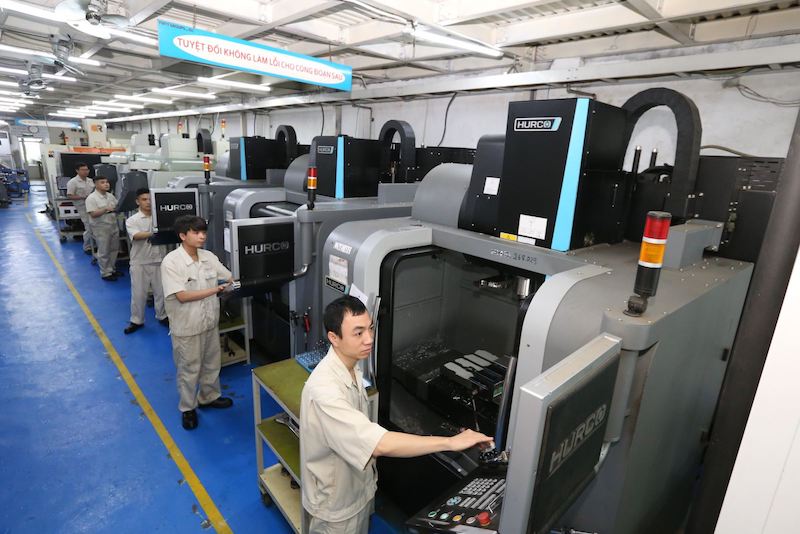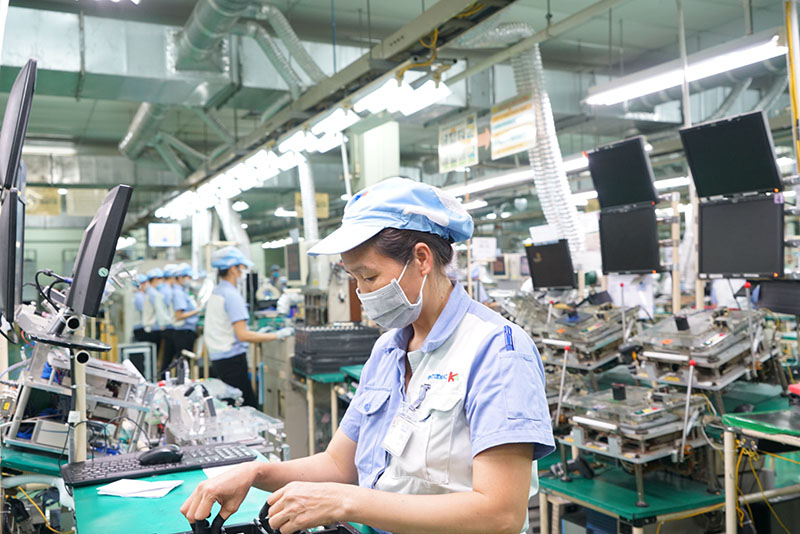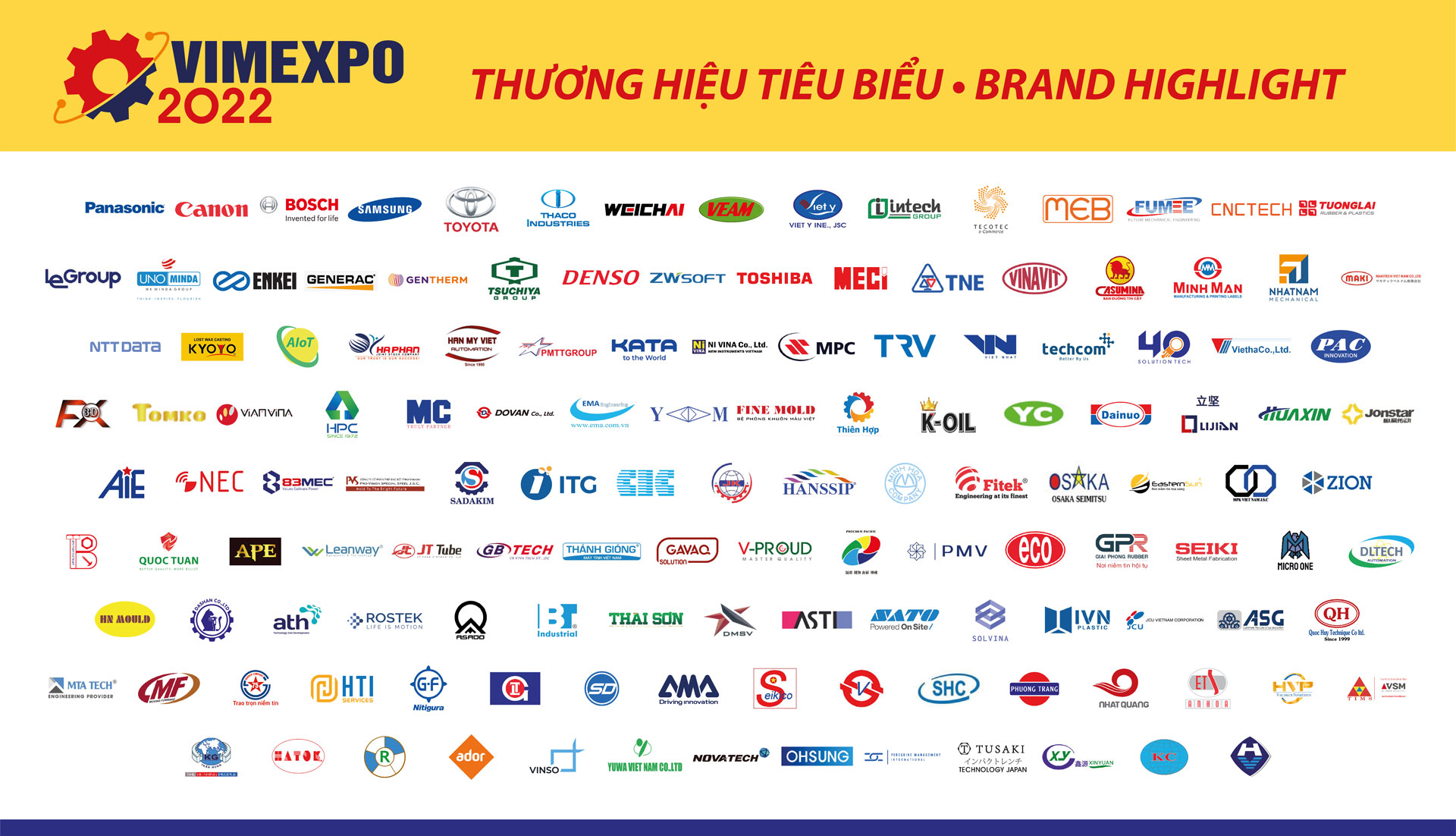As the political, economic and cultural center of the country, Hanoi has many advantages in developing supporting industries.
With the advantage of technology and manpower, Hanoi is poised to be a pioneer in helping local businesses develop supporting industries, becoming an example for other localities nationwide, Dam Tien Thang, Deputy Director of Hanoi Department of Industry and Trade said.
 PMTT Group has two manufacturing factory which are located in Chuong My and Hoai Duc districts. Photo: PMTT Group
PMTT Group has two manufacturing factory which are located in Chuong My and Hoai Duc districts. Photo: PMTT Group
At a recent meeting with the Ministry of Industry and Trade on mechanisms and policies for the development ofsupporting industries, Thang said, the city’s authorities have approved the supporting industry development program for the 2020-2025 period with the goal of increasing investment attraction and improving the capacity of supporting industries in Hanoi.
Under the program, the city will form a supporting industry network, which will promote linkage among multinational corporations, manufacturing and assembly enterprises in Hanoi and nationwide, especially in the fields of automobile and motorbikes, mechanical engineering, and mobile phones.
The city will enhance the investment of local enterprises in the Hanoi Southern Supporting Industrial Park, other industrial and high-tech zones, and industrial clusters in the area. Especially, the city will speed up the investment progress and complete the technical infrastructure of Hanoi Information Technology Park and industrial zones in Soc Son and Dong Anh districts.
According to Thang, this year, the city targets to have about 920 enterprises operating in the supporting industries. Of which, there will be about 300 enterprises owning international-standard production systems and products, which are able of taking part in the global production network of multinational corporations in Vietnam.
Hanoi expects production value of supporting industries to account for about 16% of the total value of the city’sprocessing and manufacturing industry. The development index of supporting industries will increase by over 11% annually.
Improving production processes and digital transformation
 Local laborers are working at Hanoi Industrial Park. HNT Photo: Pham Hung
Local laborers are working at Hanoi Industrial Park. HNT Photo: Pham Hung
According to the Hanoi Department of Industry and Trade, a number of mechanisms and policies to assist the development of industrial and supporting industries in the locality have not been completed, especially credit policies and regulations for the implementation of the supporting industry development program and the lack of human resources for state management of the sector.
Pham Tuan Anh, Deputy Director of the Department of Industry under the Ministry of Industry and Trade, said the city needs to have comprehensive solutions for improving the capacity of enterprises in science and technology, and finance, strengthen support so that local businesses would become suppliers in the multinational supply chain.
In addition, more assistance is required for businesses to improve production management processes and digital transformation, as well as for building a database system of enterprises in the field of supporting industry and processing industry.
The municipal department of Industry and the department of Industry under the Ministry of Industry and Trade will work closely to implement the city’s Supporting Industry Development Program in the 2020-2025 period in the most effective and practical way, he underlined.
“We hope the Hanoi Department of Industry and Trade will continue to advise the city’s authority on developing more methodical and long-term programs and plans and coordinate with our Department of Industry to effectively implement promotion activities,” Tuan Anh stated.
Earlier, in January, the Hanoi’s government approved a plan to establish an additional two to five new industrial parks (IPs) in the 2021-2025 period. The establishment of these IPs will help attract investment and boost industrial production, accelerating the industrialization and modernization process in the city.
The city is now home to 10 operational IPs covering a total area of nearly 1,350 hectares. Of them, nine IPs with a combined area of 1,270 ha have an occupancy rate of nearly 100% each. As of December 2021, the city’s IPs lured nearly 165,000 workers, including 1,100 foreigners.



